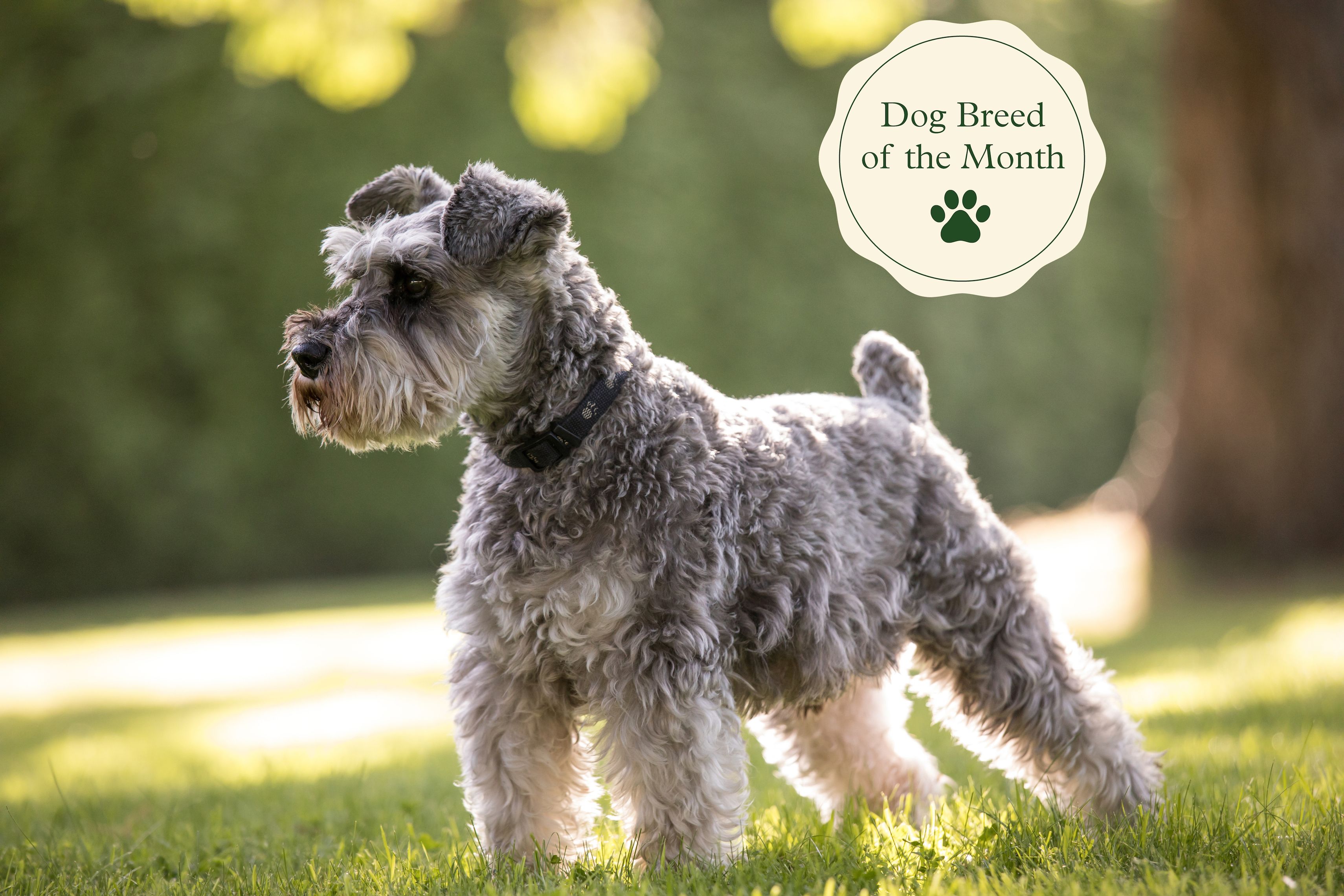Why Miniature Schnauzers Are Perfect For Families: A Critical Examination
The miniature schnauzer, a small, intelligent, and affectionate breed, has become increasingly popular as a family pet. Boasting an array of desirable traits, including trainability, loyalty, and a hypoallergenic coat, these endearing canines appear to embody the ideal family companion. However, a comprehensive analysis of the complexities inherent in their temperament, health, and care requirements reveals that the portrayal of miniature schnauzers as universally suitable for families may be oversimplified.
Miniature schnauzers are renowned for their remarkable trainability, attributed to their high intelligence and eagerness to please. This innate ability makes them highly receptive to obedience training, allowing owners to establish behavioral expectations and foster a strong bond with their pets. The schnauzer's intelligence also manifests in their ability to learn tricks, solve puzzles, and engage in interactive play, providing ongoing mental stimulation and entertainment for family members.
Miniature schnauzers are fiercely loyal and devoted to their families, forming strong emotional bonds with all members. Their affectionate nature extends to children, whom they typically treat with gentleness and patience. The breed's playful and energetic personality makes them eager to participate in family activities, fostering a sense of companionship and shared enjoyment.
For families with allergies, miniature schnauzers offer a hypoallergenic alternative to other breeds. Their wiry, single-layered coat does not shed profusely and is relatively low-maintenance, minimizing the risk of allergic reactions. This characteristic makes them particularly suitable for households with children or individuals with respiratory sensitivities.
While miniature schnauzers possess numerous attributes that make them appealing family pets, it is crucial to acknowledge certain potential challenges and health considerations.
Some miniature schnauzers display a strong-willed and dominant personality, which can require experienced owners capable of establishing clear boundaries. Failure to do so may result in behavioral problems, such as aggression towards other animals or resource guarding.
Miniature schnauzers are prone to certain health conditions, including cataracts, glaucoma, and pancreatitis. Regular veterinary checkups and prompt medical attention are essential to prevent or manage these ailments.
Despite their small size, miniature schnauzers require regular exercise to maintain their physical and mental well-being. They are energetic and playful dogs that enjoy walks, games, and other activities that allow them to expend excess energy. Families must be prepared to provide adequate exercise opportunities.
While the miniature schnauzer's coat is hypoallergenic, it requires consistent grooming to prevent mats and tangles. Regular brushing and professional grooming are necessary to maintain their distinctive appearance.
Miniature schnauzers can indeed make excellent family pets, offering trainability, loyalty, and a hypoallergenic coat. However, it is essential for prospective owners to carefully consider the potential challenges associated with their temperament, health, and care requirements. By understanding both the benefits and limitations of this breed, families can make an informed decision that aligns with their lifestyle and circumstances.
The complexities inherent in the relationship between miniature schnauzers and families underscore the importance of responsible pet ownership. Prospective owners must conduct thorough research, consult with experts, and carefully evaluate their capabilities before acquiring any pet. By doing so, they can ensure that the addition of a miniature schnauzer to their family is a positive and fulfilling experience for both the dog and its human companions.
Why Australian Shepherds Are Excellent For Search And Rescue
Why Rottweilers Are So Protective Of Their Homes
The Lifespan Of Aegean Cats And How To Keep Them Healthy



